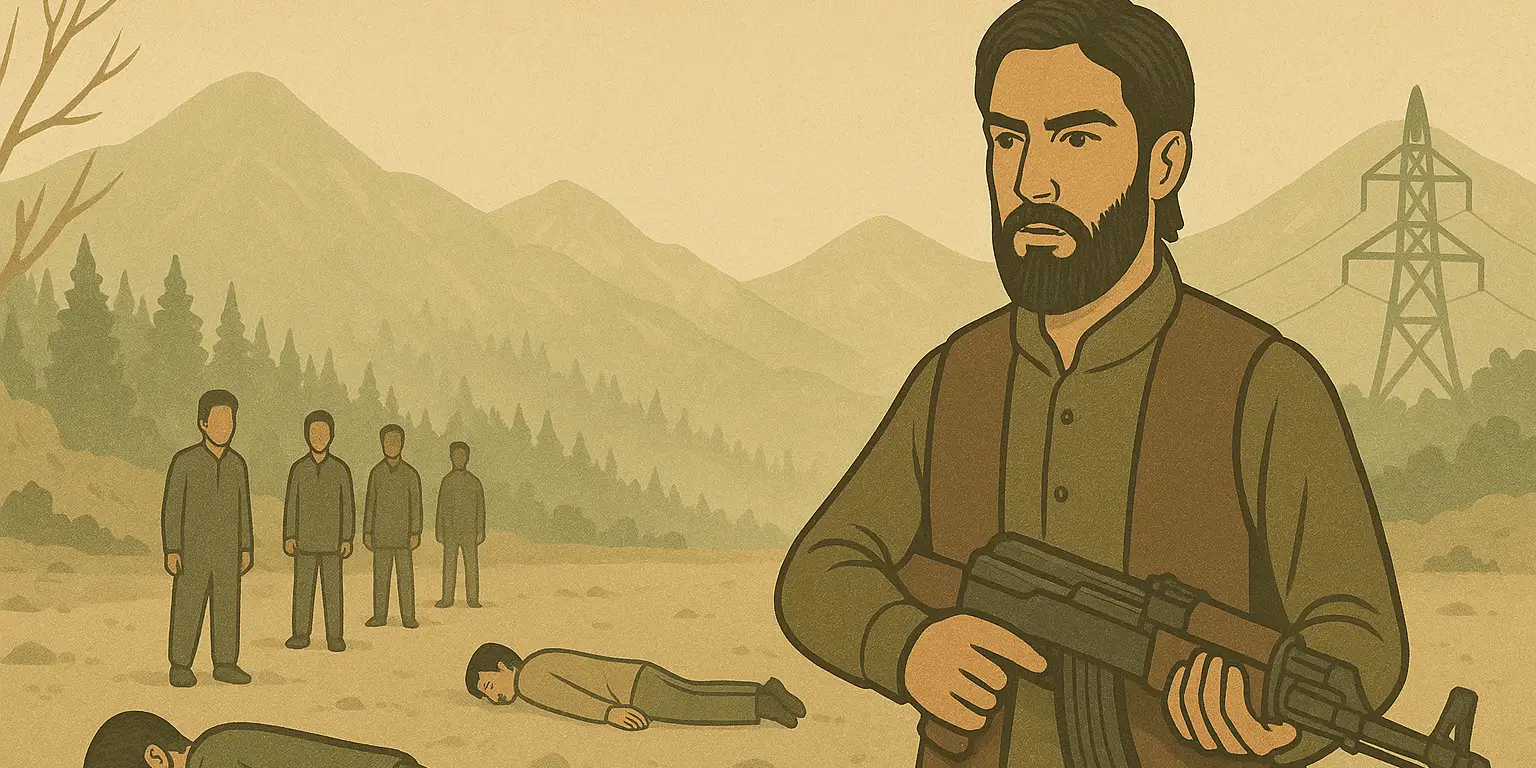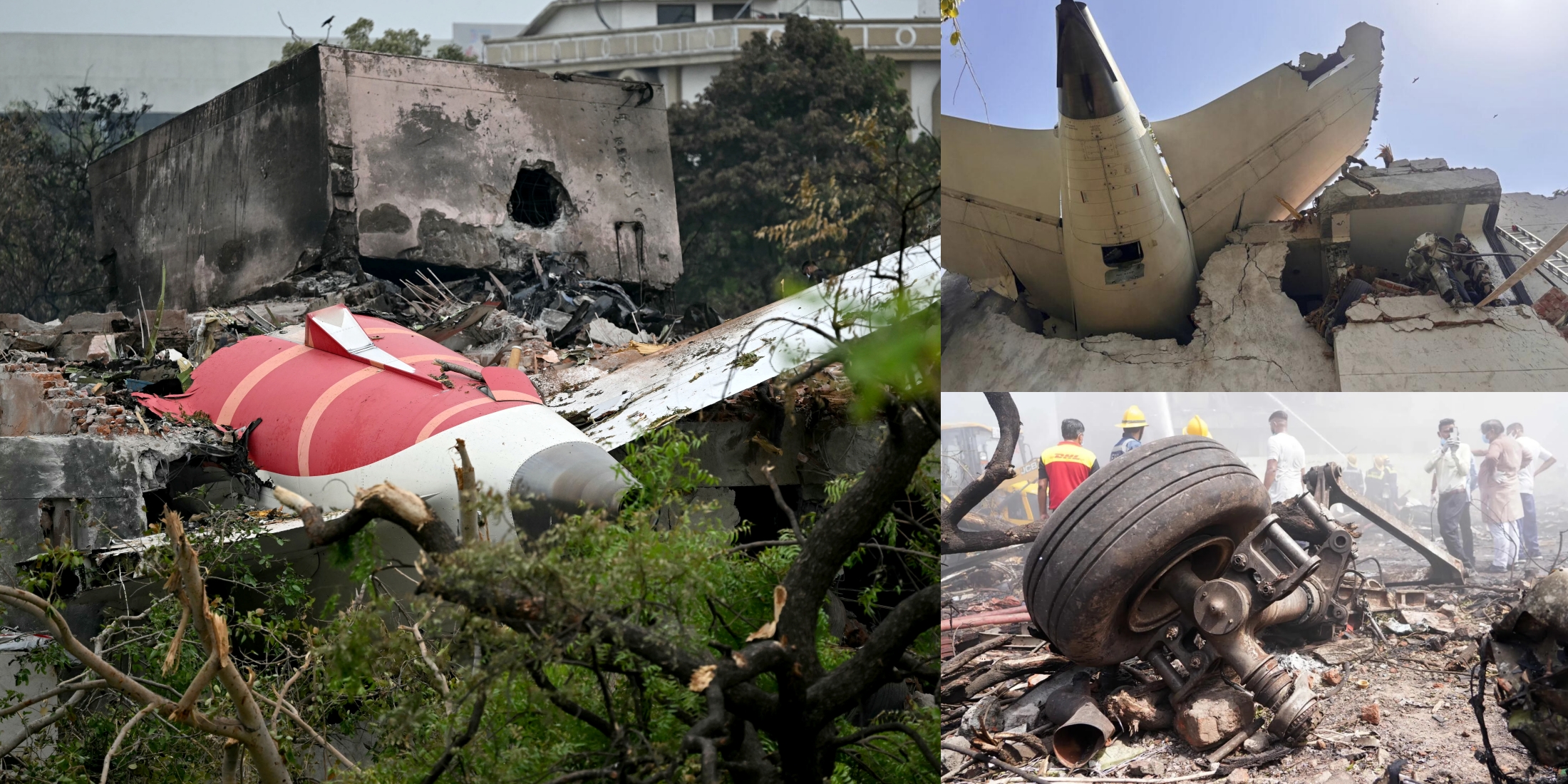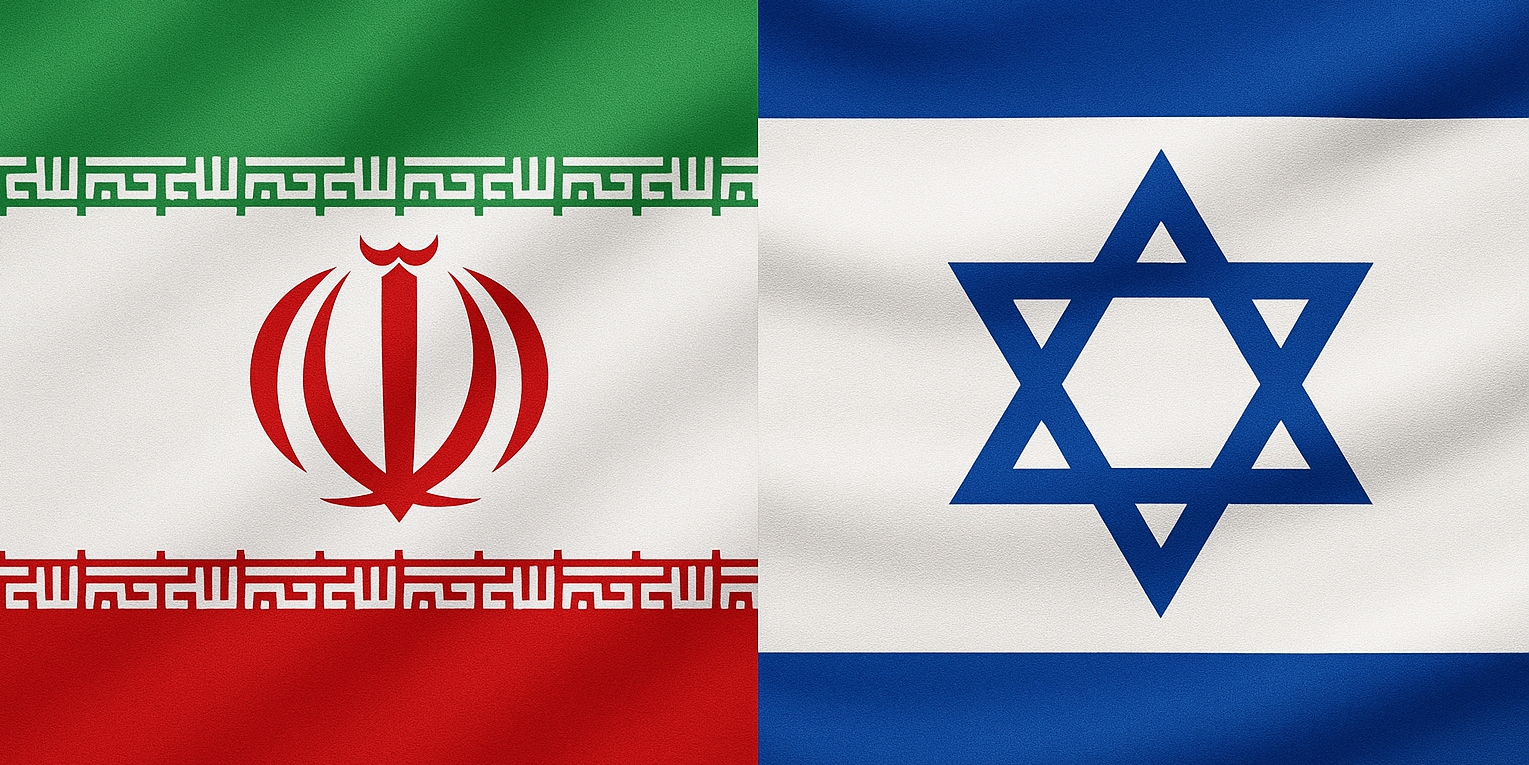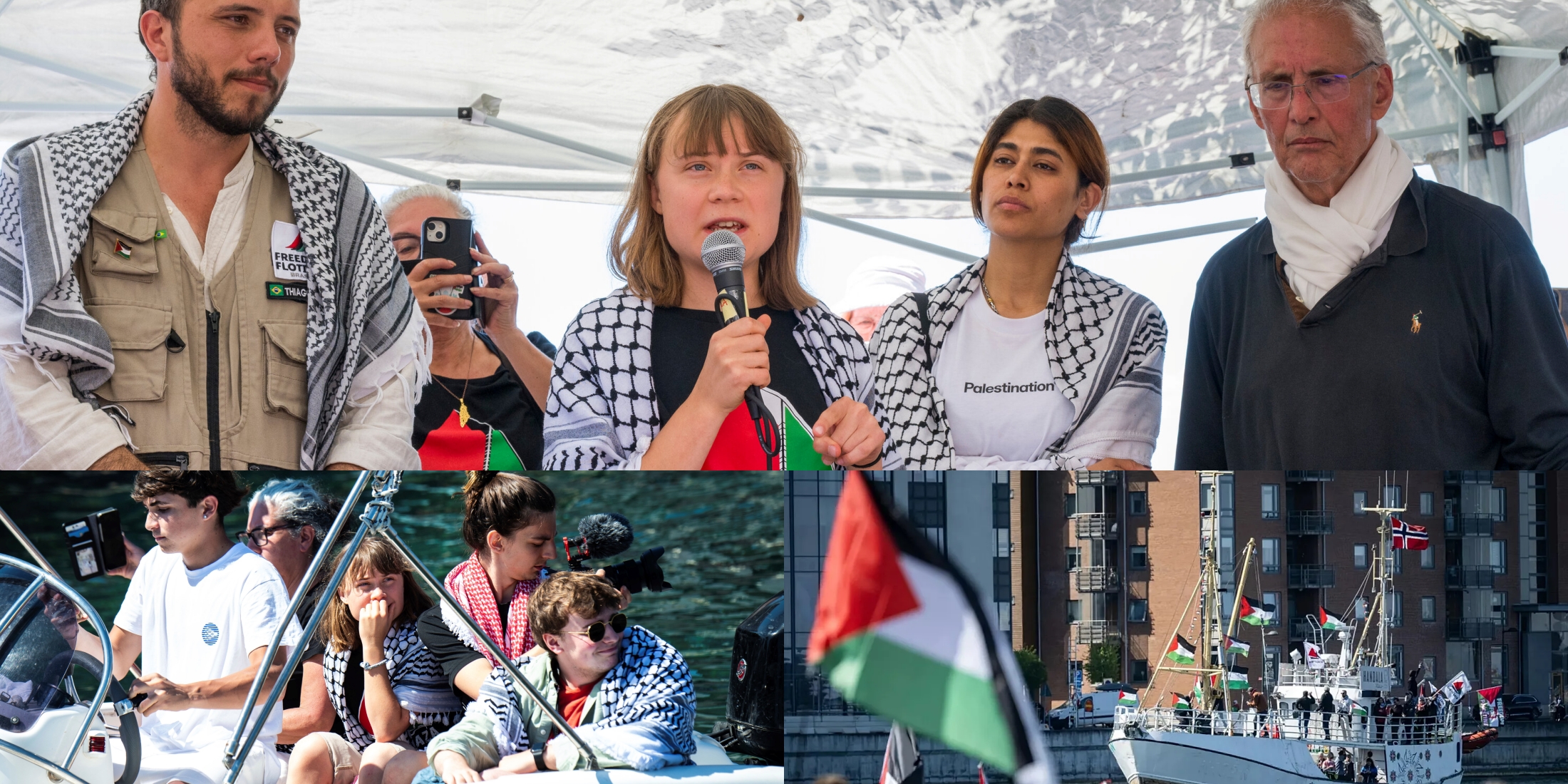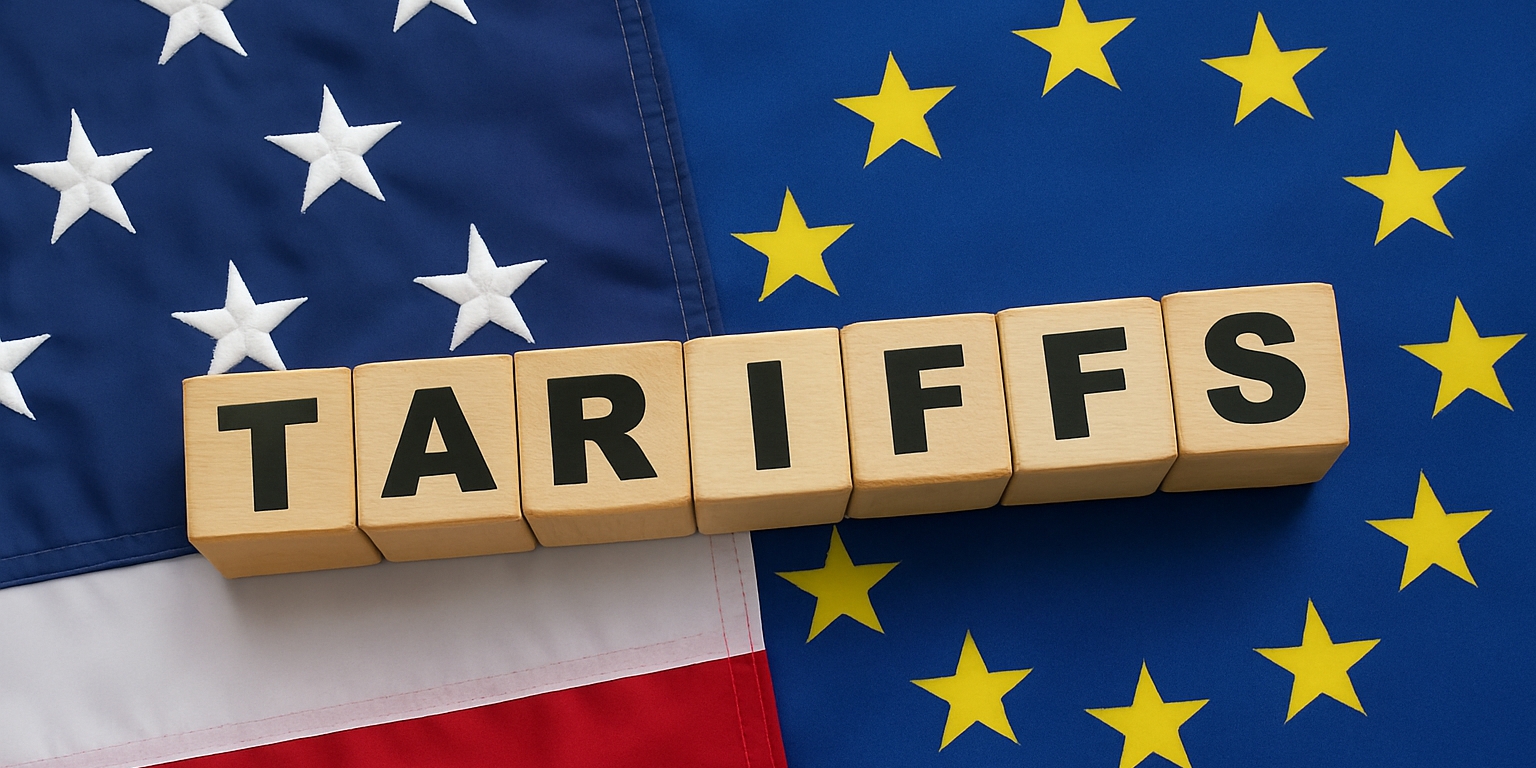In a brutal, seemingly terrorist attack, 26 people have been killed and several others have been left injured in the Indian federal territory of Kashmir. In recent times, this was the worst massacre of civilians in India since the 2008 Mumbai shootings that lasted four days and killed 175 people and left more than 300 injured. The devastating incident took place on Tuesday, April 22, when four gunmen rained terror in Pahalgam, a popular tourist spot commonly referred to as the “Switzerland of India.”
Kashmir is a heavily fought-over geographic region, as both India and Pakistan claim it as their own since their partition in 1947. Both the nuclear-powered regions want full rights to Kashmir and have already fought two wars over it. A striking 500,000 Indian soldiers are permanently stationed in Kashmir and according to the Pakistani Ministry of Foreign Affairs, these “occupational” Indian troops have “unleashed unimaginable brutalities on the Kashmiris including, inter alia, the use of pellet guns, extrajudicial killings in ‘fake encounters,’ enforced disappearances, arbitrary detentions, torture and custodial deaths.” In the same way, Delhi accuses Pakistani militants of disrupting peace in the region. Currently, India and Pakistan both control parts of the region.
The last time Kashmir saw such an attack was in June 2024 when a bus with Hindu pilgrims on board was targeted. Gunmen opened fire on the bus en route to a popular Hindu shrine in the Indian administered Jammu region of Jammu and Kashmir, resulting in nine deaths and 33 injuries. In 2019, 46 Indian soldiers were killed in a similar act of terrorism. Pakistani terrorist group Jaish-e-Mohammad claimed this attack, where a car filled with explosives crashed into a bus carrying the Indian troops that was supposed to reach Srinagar. The incident occurred on the Jammu-Srinagar highway.
Kashmir is an internationally acclaimed tourist spot; 3.5 million tourists visited Kashmir in 2024 alone. Pahalgam is a disputed town that is one of the more popular tourist spots in Kashmir. Three miles from Pahalgam is Baisaran Meadow, which is where the four gunmen shot at tourists from close range. Among the killed, 25 are of Indian nationality and one is from Nepal. All of them, men.
According to Asavari Jagdale, an Indian citizen from Maharashtra, she had hidden in a tent nearby along with her family and several other tourists when the shooting started. Upon the terrorists’ arrival, they asked Jagdale’s father to recite Islamic verses, and “When he failed to do so, they pumped three bullets into him, one on the head, one behind the ear and another in the back,” she said. “My uncle was next to me. The terrorists fired four to five bullets into him.”
Debasish Bhattacharyya is a Hindu teacher from Assam University who narrowly escaped death due to his familiarity with Islamic verses. He had grown up in a Muslim neighborhood, which is why he said, “I knew the words and at that moment it was probably the only way to save our lives. Those who failed were killed.”
The Resistance Front (TFR) is an armed militant group that surfaced in 2019, who were not well known before Tuesday. They took to social media, claiming the attacks as their own because of their dislike towards Kashmir’s “outsiders” who had brought about a “demographic change.” Whether The Resistance Front’s claims are true remains unclear since they provided no proof. Furthermore, the Indian military seems to push this agenda that TFR is a front for Lashkar-e-Taiba, another Pakistani armed group, but again without any evidence.
What was shocking about this specific attack was the fact that tourists were targeted in a primarily touristy spot; usually, tourists are spared in such instances of violence. Counter terrorism expert and author Ajai Sahni shined light on why that is, saying, “It is an implicit sort of contract between the local population and the militant groups that the tourist trade will not be undermined because almost everyone in Kashmir, especially in the Valley, is directly or indirectly dependent on the tourism industry.” The killings led to airlines having to provide extra flights demanded by tourists desperate to flee Kashmir amid the peace crisis.
This violent incident has only raised ongoing tensions between India and Pakistan. India has revoked Pakistani visas to India, and, in retaliation, so has Pakistan, revoking Indian visas to Pakistan. Furthermore, India withdrew from the Indus Waters Treaty with Pakistan in light of the current events. India’s foreign secretary, Vikram Misri, said that “Until Pakistan credibly and irrevocably abjures its support for cross-border terrorism,” India will remain steadfast in its stance on the Indus Waters Treaty suspension.
However, Pakistan’s Defence Minister Khawaja Asif had this to say to the local media about India’s withdrawal from the Treaty: they have been trying to get out of the pact and now want to “use this incident, which we deplore, as an excuse to come out of this treaty.” The Indus Waters Treaty was a water distribution treaty signed back in 1960, and negotiated by the World Bank. Up until recently, it allowed both Pakistan and India control over the rivers. Pakistan fought back with a rejection of the Indian suspension, saying that any attempts by India to divert the water “will be considered as an act of war.”
Indian Prime Minister Narendra Modi abruptly ended his two-day visit with the crown prince of Saudi Arabia after meeting him to return to India. He stated that the attackers will be pursued by India “to the ends of the earth.” The Indian Army forces stationed in the Pahalgam area said that a search operation was already on its course to bring the perpetrators to light in order to bring justice to the victims.
India also closed off a prime border crossing that facilitated the flow of Pakistani people and goods. Military advisors to the Pakistani high commission in Delhi have been declared unwelcome and asked to leave within the week. Pakistani diplomats will also be reduced to 30 from 55, effective May 1. So, India’s stance seems to be very clear on blaming Pakistan for the attacks that have yet to be proven, and TFR’s claims are yet to be verified. Pakistan’s Ministry of Foreign Affairs said, “We are concerned at the loss of tourists’ lives in an attack in Anantnag district of Indian Illegally Occupied Jammu and Kashmir.”
In response, Pakistan suspended all trade with India, all bilateral agreements, shut off the Wagah border, reduced Indian diplomats in the Islamabad high commission to 30 as well, and expelled all Indian-owned and -operated airlines from the Pakistani airspace. Pakistan mirroring India’s new policies at full force seems to indicate a cold war between the two nations.
Amid the India-Pakistan standoff, the rest of the world is concerned about the heightened violence. Donald Trump from the USA and other world leaders from Russia, Ukraine, Bangladesh, Iran, France, Italy, and the UAE have also rebuked the act of terrorism. In Srinagar, a candlelight vigil was held on Wednesday, April 23, to pay respects to the victims and to express solidarity with their families. Kashmiri locals are terrified by the surge of anti-Kashmiri and anti-Muslim opinion that has been circulating all over social media. Speaking about this anti-Kashmiri propaganda online, Nasir Khuehami of the Jammu and Kashmir Students Association told CNN, “All of Kashmir is in grief and shock, terror has no religion, these haunting images will remain etched in our collective memory, but we are being defamed.”
It is truly disheartening to see that, while the two nations continue to fight over this beautiful geographic center point, innocent lives keep being taken away in lieu of political disagreements and economic greed.

